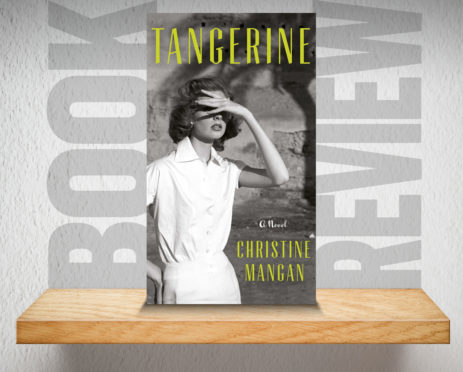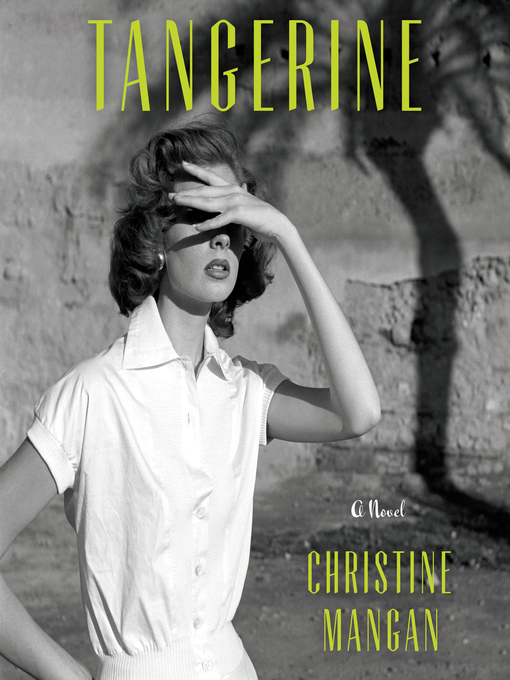

It’s her old college friend Lucy Mason who’s given up her job for a New York publisher and decided to travel, or so she tells Alice. He relishes the city but she finds Tangiers a frightening prospect, preferring to stay in their cool apartment.Īn unexpected and unannounced visitor arrives one day. She married John, who whisked her off to Tangiers where he has an undefined government job. The trauma left her with fragile and uncertain. They meet up again in Tangiers.Īlice Shipley was orphaned as a youngster when her parents died in a house fire. They drifted apart for reasons that are only hinted at initially. Tangerine is the story of two women who became friends while sharing a college room in Vermont. At least how we know it” and “The natives are getting restless, my dear.” are about as much as we get.įor a novel that is billed as an atmospheric psychological thriller, that lack of any genuine atmosphere is a major drawback.ĭid the psychological thriller dimension work any better? Passing comments like” “It appears Tangier is done. The novel’s action takes place in 1956 as Morocco is about to gain its independence and there is unrest in the streets. I can get just as much a feel for Tangiers from a guide book.Įqually missing is the historical context.



those sentences tell me nothing about the smells or sounds of the place. ” Typical of the scene setting elements of this novel. “The labyrinthine curve of them: dark and packed, with vendors that stood behind stalls or sat on the floor, their bags and buckets of wares splayed out before them. “I found the souks electrifying”, says one of the two principal characters on her first exploration of the city. But Mangan’s descriptions tend to the general, rather than the specific so we never get far under the skin of her location. The bustle of the souks, the oppressive heat and humidity and the chaos of the narrow streets are all in evidence. If you pick up Christine Mangan’s debut novel Tangerine, expecting to be thrust into the heady cultural melting pot of 1950s Tangiers, you’d be sadly disappointed.


 0 kommentar(er)
0 kommentar(er)
